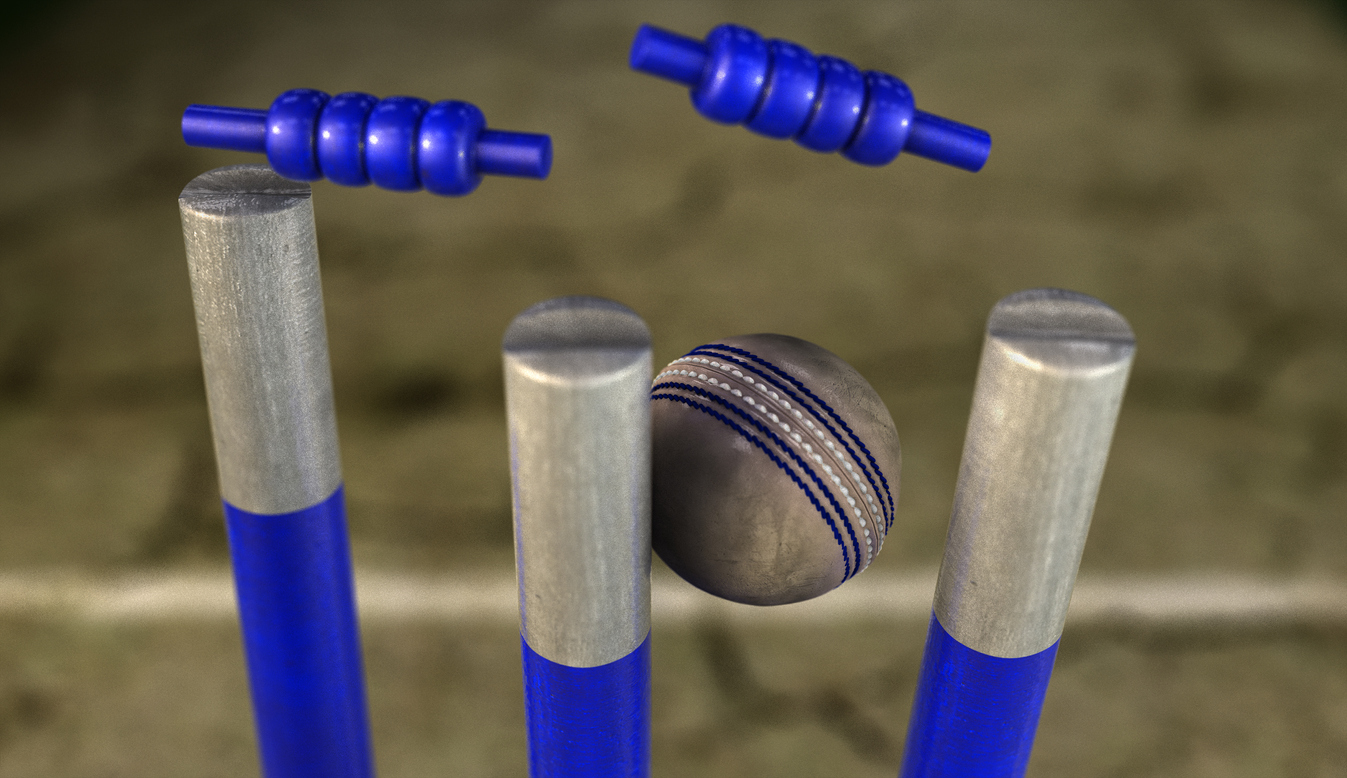- Tuesday, April 22, 2025
Cricket last featured at the 1900 Paris Olympics, when a team from Britain beat a side representing France

By: Kimberly Rodrigues
Cricket could feature in the Olympics for the first time since 1900 after organisers of the 2028 Los Angeles Games on Monday (9) recommended its inclusion.
In a statement, LA28 listed the Twenty20 version of cricket as one of the proposed ‘new’ sports alongside baseball/softball, flag football – a non-contact version of American football — lacrosse and squash.
The choice of the sports still needs approval from the International Olympic Committee (IOC).
Cricket last featured at the 1900 Paris Olympics, when a team from Britain beat a side representing France.
The final choice of which sports are retained for 2028 will be voted on at the IOC Session next Monday (16) in Mumbai, as India hosts the men’s 50-over Cricket World Cup.
The International Cricket Council welcomed the decision to propose cricket.
ICC chairman Greg Barclay said: “We are delighted that LA28 have recommended cricket for inclusion in the Olympics.
“Whilst this is not the final decision, it is a very significant landmark towards seeing cricket at the Olympics for the first time in more than a century.”
The ICC’s proposal is for men’s and women’s Twenty20 competitions – the shortest form of the international game at 20 overs per side.
Cricket has made moves towards a return to the Olympics for more than a decade, with the encouragement of the Olympic movement.
The late IOC president Jacques Rogge said in 2011: “We would welcome an application. It is an important, popular sport and very powerful on television.”
The current IOC president, Thomas Bach, has also backed the inclusion of cricket, which featured at last year’s Commonwealth Games in Birmingham.
Adding cricket to the Olympic programme is an obvious move, financially speaking.
It would tap into the lucrative south Asian market, attracting fans in countries such as India and Pakistan.
The Indian Premier League, featuring cricket’s global stars, has helped India become the unquestioned economic driving force of the sport, thanks to legions of fans and lucrative broadcasting deals in a nation where the game is almost a religion.